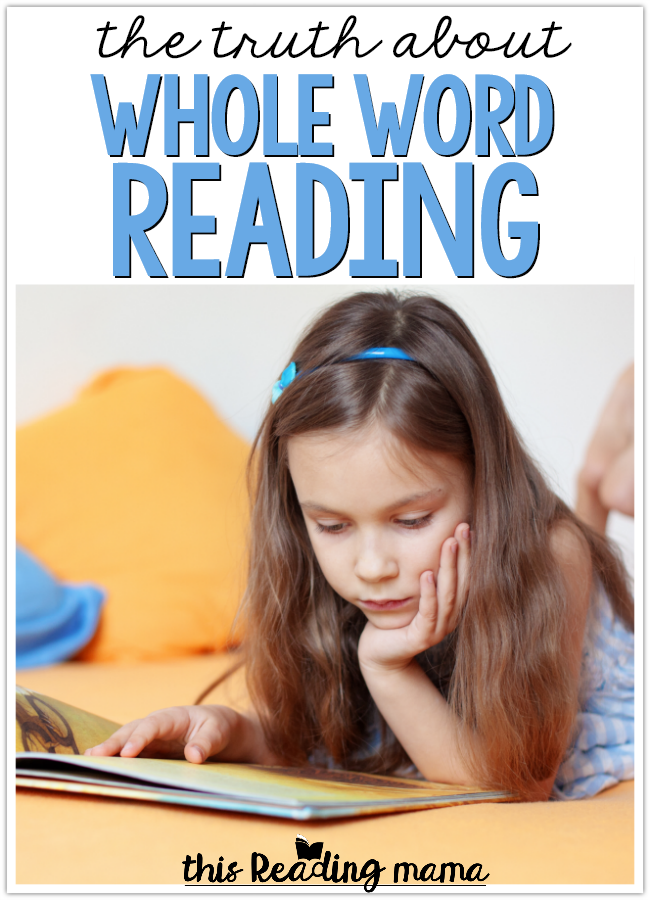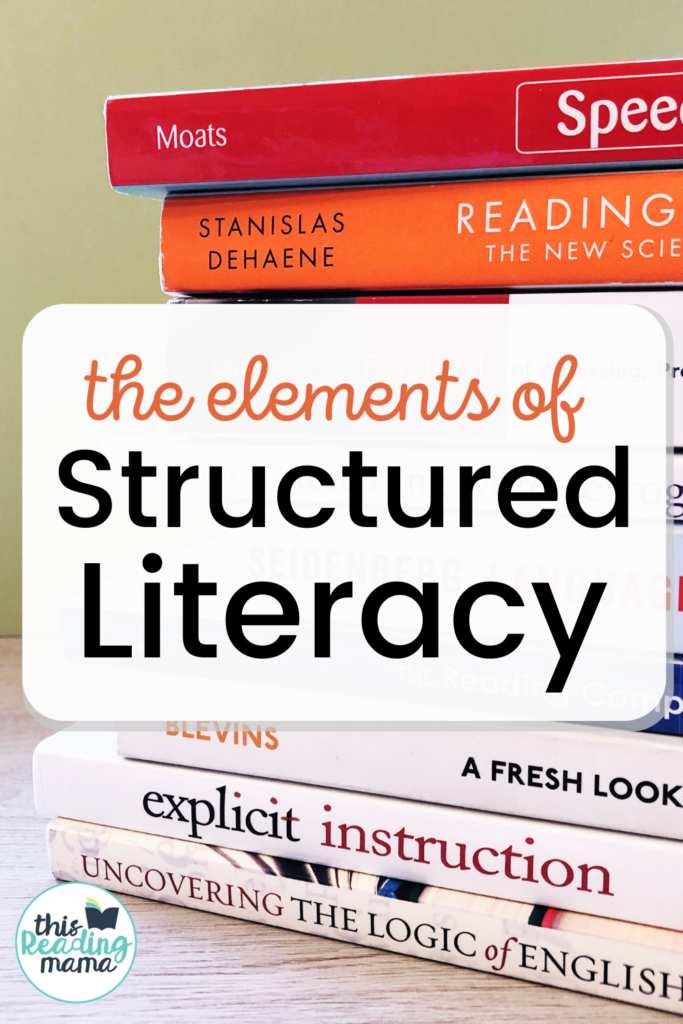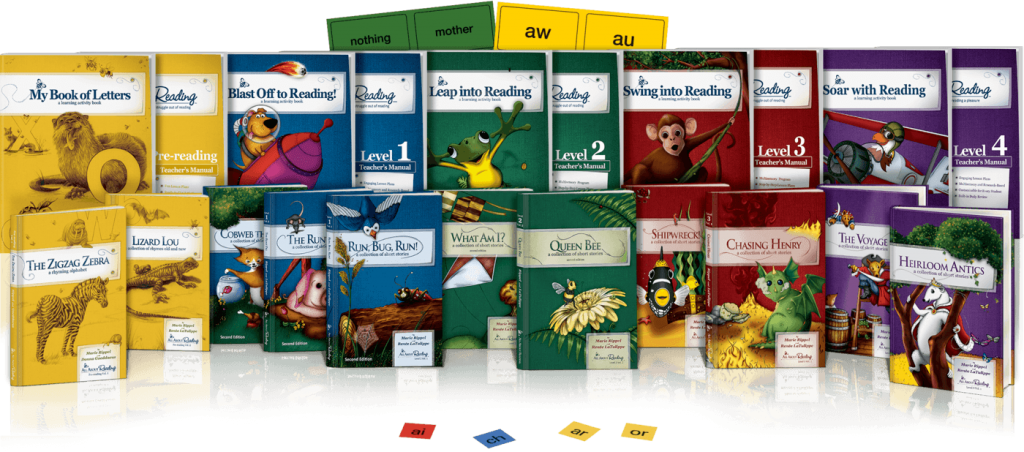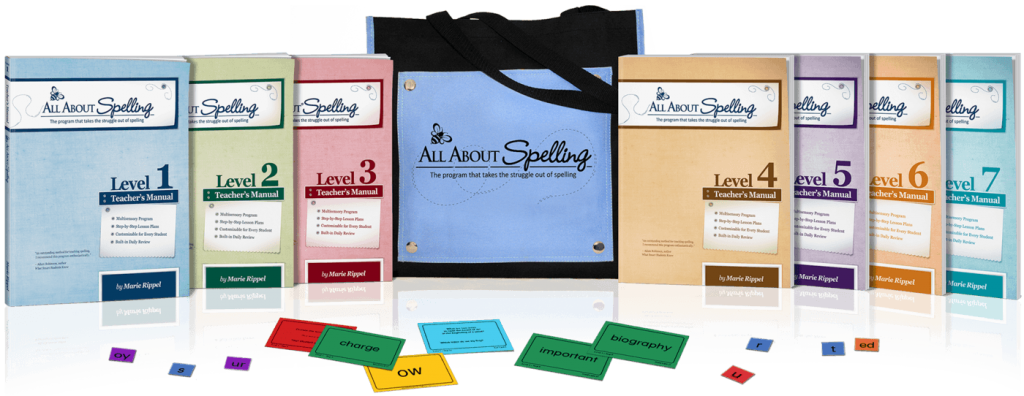Do you want to know the truth about whole word reading? Yes, the truth. I’m not pulling it out of thin air. It is not just my opinion either.
I have taught reading for nearly 20 years. I have taught and tutored struggling readers. I also have a Masters in Reading and am certified in dyslexia and language-based learning differences. I have a little experience and a bit of training in this area, so hang with me!

I sometimes get emails from readers asking if their struggling reader could be a whole word reader. In other words, they asking, “Does my learner/child just need to memorize whole words instead of learning phonics?”
My answer is always a resounding NO! Here are four common questions I am asked and my responses.
*This post contains affiliate links.
The Truth about Whole Word Reading
Question 1: I learned to read without phonics and I’m an avid reader. Is phonics instruction really needed? Kids can learn to read without it, right?
Answer: If you’re a math person, this is like saying, “It’s faster to just memorize math facts than to teach learner how to get the answer.”
Yes, it might be faster in the short-term, but it’s ineffective in the long-term. Johnny might memorize the fact, but he doesn’t know how to apply it or use it because he doesn’t know the “how.”
I was not taught phonics either, as far as I remember. I was ALWAYS a struggling reader, especially through high school and college. It wasn’t until I started learning and teaching phonics (we’re talking GRAD SCHOOL here) that I began to really pick up on my reading, especially longer words I’d never seen before.
Yes, some kids can “crack the code” of reading without explicit, step-by-step phonics instruction. For them, it just “clicks” around Kindergarten and first grade. Even though they’re not explicitly taught phonics, they’ve figured it out, BUT they still need phonics to figure out unknown words, especially as those words get longer.
Question 2: Can’t you read much faster just using whole word reading? (Phonics just slows readers down.)
Answer: The reason whole word reading caught on is that in the short-term and early years, many children seem to memorize and pick up on things easily.
But whole-word learning does not work long term with ANY reader. With whole word learning, the issues come later when they cannot sound out long and difficult words they don’t know. (This was me and STILL IS my mom. She’s nearly 70 and cannot sound out unknown words effortlessly.) Whole word learning sets children up to be poor readers long-term. It’s a quick “fix” that has devastating long-term effects.
Question 3: No matter what I do, my child/student just doesn’t “get” phonics. Could it be that phonics just won’t work for this child?
Answer: No.
Learners who struggle, like those with dyslexia, will not just “get” phonics. Phonics has to be taught in a way that spells out the how and why of phonics. It has to be broken down into bit-size steps that start with more common phonics skills and moves to less common skills. It has to move from easier skills to harder skills. Read more about this kind of teaching in my post: What is Structured Literacy?
Question 4: My learner can’t sound out the simplest words!! What am I doing wrong?
Answer: With learners that struggle, it’s going to take MUCH longer to learn phonics because their brain is literally wired differently. And the steps you need to take a baby ones.
For example, instead of focusing on all the letters of the alphabet, start with just these five: m, s, t, p, and a. Build words with them like at, mat, sat, pat, map, tap, sap, am, Sam, Pam & sap. Read these words, spell these words. Start SIMPLE and move to more, always mixing in review letters when you introduce new material.
Another common deficit struggling learners have is phonemic awareness. Phonemic awareness is the ability to hear the sounds in words. For example, if you asked, “What are the sounds you hear in the word cat, a child with phonemic awareness could separate the three sounds: /k/-/a/-/t/.
I HIGHLY recommend (for the classroom teacher, homeschooler, or tutor) All About Reading & All About Spelling. They are both based on the Orton Gilligham approach, which teaches learners explicitly with step-by-step lessons.
Still Got Questions?
Here are a few posts that can help:
- Help for Struggling Readers
- Tips for Teaching High Frequency Words {Sight Words}
- The Difference Between Phonological Awareness, Phonemic Awareness, and Phonics
- 3 Important Skills Needed for Reading
- FREE Blending CVC Cards
- Reading Unknown Words from the Inside Out
- Helping Kids Sound Out Words
- K-2 Phonics Skill List
~Becky



Becky, I took that reading class from you and Anna a few years ago. Although I was already using modified OG for the classroom, your class was encouraging whole word reading. I used some of your ideas, but stuck w OG and phonics. What made you turn around to OG?
Please don’t post.
I didn’t realize now that I signed up for something.
Thanks for sharing your faith.
Hi Kate, no worries! We have completely revamped that course, and I’m happy to tell you it’s based on the science of reading. 🙂 If you bought the course years ago, you should still have access to all the updates! You can email hello@teachingeveryreader.com if you have forgotten the login info.